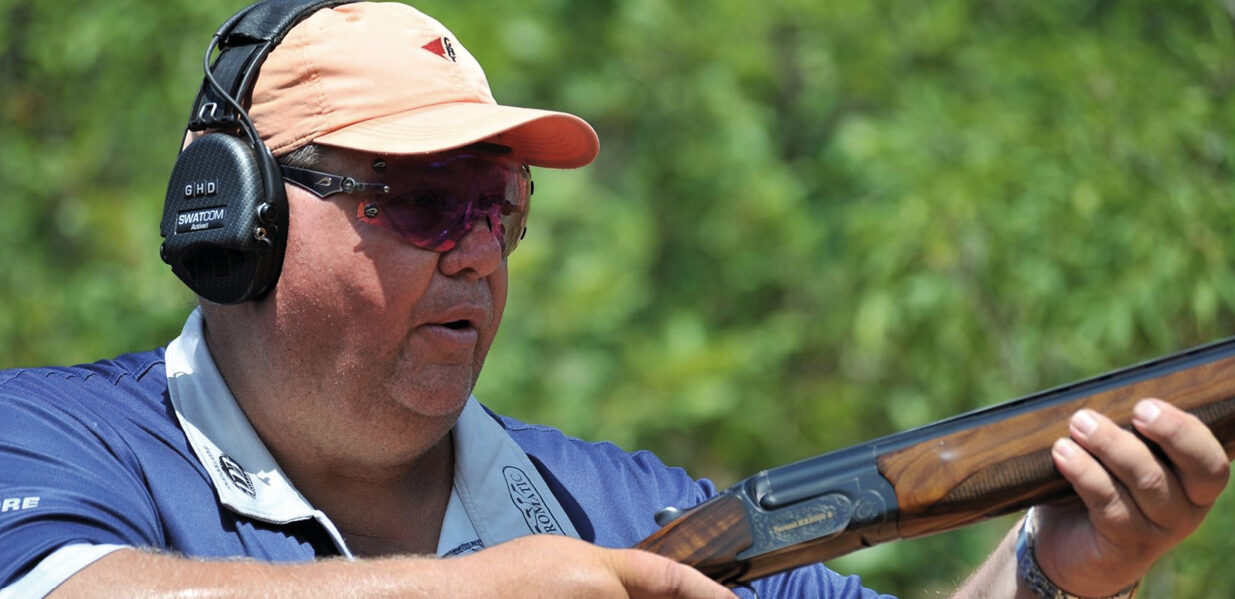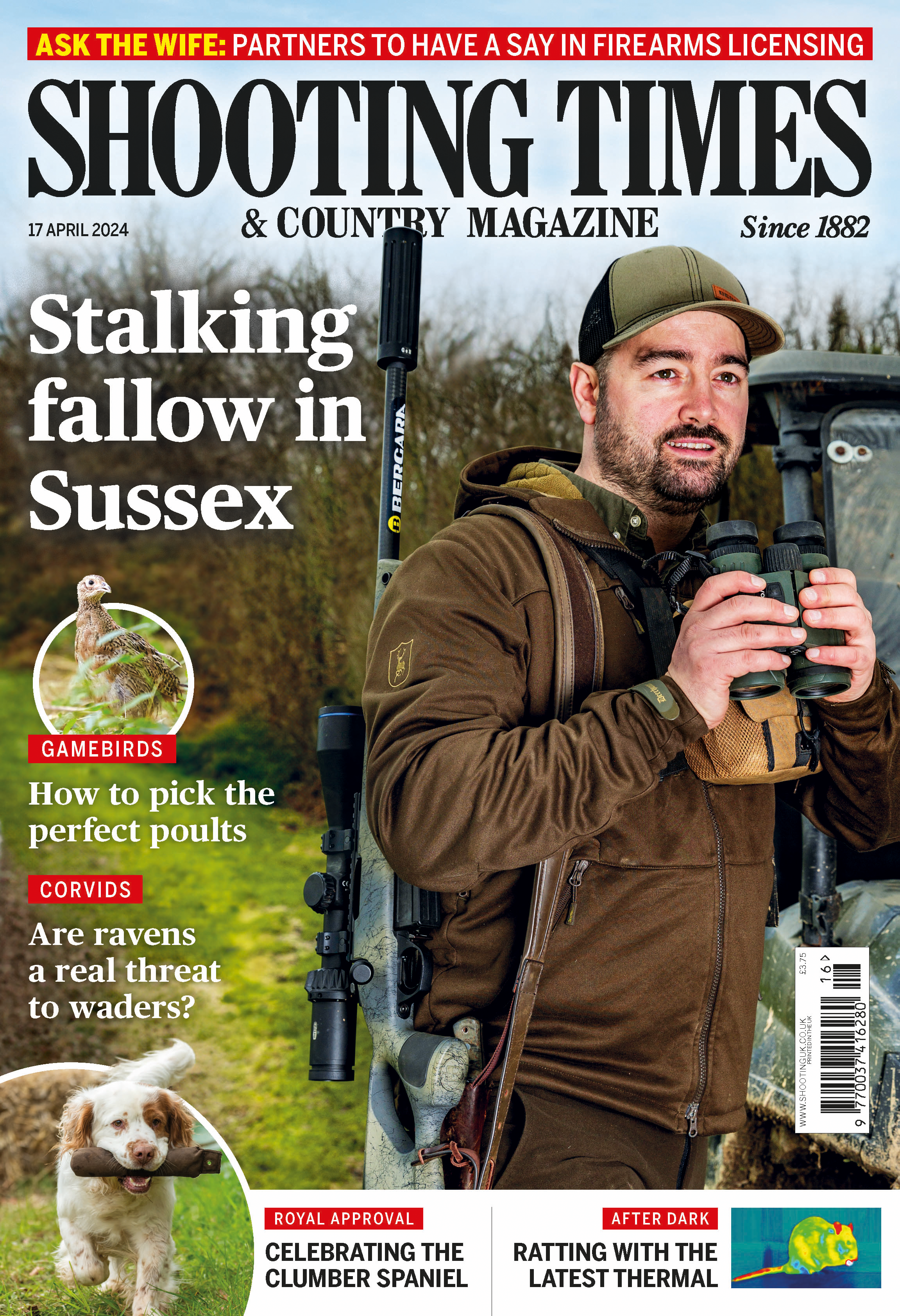A pyrrhic victory?
On 17 December, 2012, I headed down the motorway and into the narrow streets of Oxford. In a coffee shop, I met Richard Sumner and Julian Barnfield, recently retired master and huntsman of the Heythrop Hunt. Since they were about to be condemned, I bought them a hearty breakfast and then we walked round the corner to the Magistrates? Court, where a circus of lawyers, journalists and photographers were waiting.
We were off to court, but there was none of the nervousness usually associated with the start of a trial because the outcome was pre-determined. Some weeks earlier, Richard and Julian accepted there was no way they could defend the massive private prosecution that the RSPCA had brought against them, along with two others and Heythrop Hunt Limited. The trial had been listed for 30 days and estimates of the costs of defending the case reached hundreds of thousands of pounds. While each of the 52 original charges was defensible individually, the sheer volume of evidence and, not least, the prospect of the RSPCA seeking a huge bill for its costs if they were found guilty after a trial, persuaded them to negotiate a settlement. The deal that had been struck involved Richard and Julian each pleading guilty to four charges, and since Richard was a director of Heythrop Hunt Ltd it, too, would plead to four charges. All other charges would be dropped.
The RSPCA had set a crack legal team on the case. It was no coincidence that the Heythrop operate in David Cameron?s constituency, and the charity intended to get value from its day in court. But I was surprised to see that its chief executive, Gavin Grant, had graced us with his presence as the RSPCA?s lawyers struggled to fit into the benches in the Magistrates? Court and the defendants took their place in the dock.
The legal process meandered along through the morning, and after lunch the district judge was ready to pass sentence on the ?Heythrop two?. This was the moment for which the RSPCA and the obsessive individuals who endlessly film the hunt had been waiting. Years of effort had gone into achieving a conviction involving the Heythrop.
Julian Barnfield had twice faced charges previously, but on both occasions the prosecutions had failed before they reached court. This time he had pleaded guilty, but what the anti-hunting activists seemed to have forgotten is that a breach of the Hunting Act is the lowest form of criminal offence ? the judge fined Julian £250 for each offence, Richard £450 and the hunt £1,000.
Then came the issue of costs. The night before, the RSPCA?s lawyers had finally admitted to our solicitors how much they had spent on their crusade against the Heythrop, and as the judge read the schedule, his surprise was visible. He calculated the total costs incurred as £326,980.23, then said, ?I find that a quite staggering figure? and suggested ?the public may feel RSPCA charitable funds could have been more usefully employed?.
He ordered that the defendants pay £19,000 in costs, leaving the RSPCA to meet the rest of the lawyers? bills, and with that we went to face the awaiting media.
The reaction
Julian Barnfield was as sensible and reasonable as any man in his situation could be in explaining how he felt he had no choice but to plead guilty. The messianic tone and language of Gavin Grant, however, clearly indicated his personal determination that the prosecution of the Heythrop would be a turning point: the moment when the Hunting Act went from being a derided and despised law to a model to persuade the entire world of the rightness of the one true animal rights agenda. With the sentencing of two huntsmen, he hoped the RSPCA would inherit the earth.
But Mr Grant?s plans started to unravel almost immediately. The media dutifully reported the guilty pleas, but they also carried the judge?s comments about the RSPCA?s extraordinary expenditure and it soon became obvious that while few were worried about the Heythrop chasing foxes, many had concerns about the political nature of the prosecution and the waste of charitable funds.
The next day Gavin Grant appeared on BBC Radio 4?s Today programme where he presumably expected to be congratulated on the successful prosecution. Instead, he was challenged on the RSPCA?s agenda and expenditure, and his intemperate reaction did neither him nor his organisation any favours.
As the criticism continued, the RSPCA reacted by becoming even more extreme. Mr Grant told the Daily Mirror: ?The Heythrop Hunt are wildlife criminals and should be ashamed. My advice to Mr Cameron is that no responsible person would want to associate with such people. They are no different to badger baiters ? apart from their accents.? He added that he thought the penalties were ?far too lenient. I believe this offence should carry a term in jail of at least two years.?
From his comments, Mr Grant seems to be inferring that Richard Sumner and Julian Barnfield had committed the terrible crime of being posh. Apart from the fact that this suggests he is prone to sweeping generalisation and prejudice, it also reveals Mr Grant as ignorant. Richard is an Oxfordshire farmer who many Heythrop subscribers claim did not utter a single intelligible word in 27 years of mastership, while Julian speaks with what one journalist recently described as ?a soft West Country burr?.
As for locking people in prison for hunting foxes, I think that might show a certain lack of perspective ? and it turns out I am not alone. For the louder the RSPCA shouted, the worse the headlines became. ?The RSPCA and a cruel abuse of your generosity? screamed the Daily Mail; ?Our once great RSPCA is being destroyed by a militant tendency? responded The Daily Telegraph.
The story was now about the RSPCA?s journey from a respected animal welfare charity to a politicised animal rights body with an extreme campaigning agenda, and nearly a month later the stories of its ?double standards? keep appearing.
The prosecution of the Heythrop was, indeed, a turning point ? but for the RSPCA, not hunting. It will take months, more likely years, before it accepts reality, but the lesson has been written when it is willing to learn. The British public loves animals and knows what real cruelty is, but it loathes hypocrisy, extremism and bullying with a vengeance.
The RSPCA has since been called to a meeting with the Charity Commission to discuss its expenditure (see News, 23 January).








